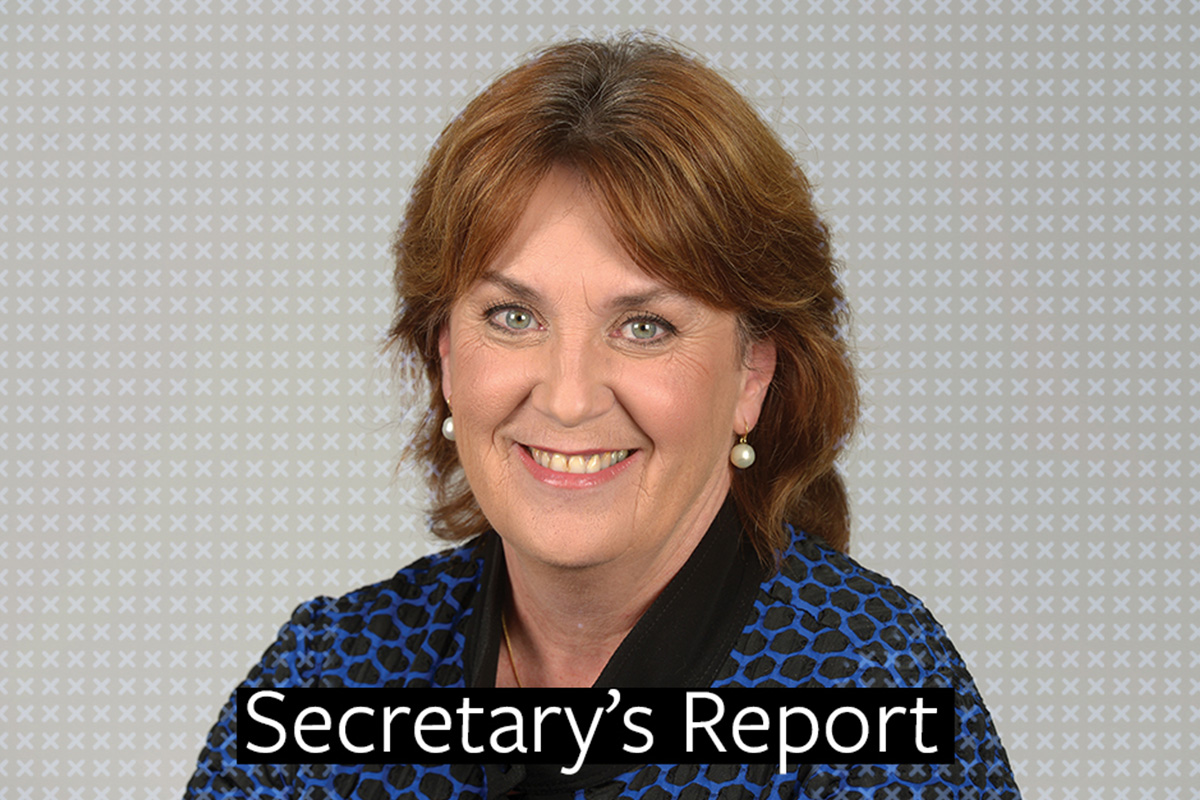
There are around 200 different enterprise bargaining agreements (EBAs) covering Victorian ANMF members, across the public, private and not-for-profit sectors. Most are for a three- to four-year period. As each one is about to expire, national law allows us to renegotiate them – and seek improved pay and conditions.
This is ANMF’s core work for thousands of members: not a day goes by on which we are not negotiating at least a few EBAs. The biggest ones tend to gain a lot of attention when we’re in the thick of negotiations; in the case of the public sector general agreement this is not just because it covers more than half of our members but because of its importance as the benchmark for all other agreements.
Case in point: the public sector mental health agreement, for which bargaining has now begun.
An entire section of the mental health members’ log of claims is titled ‘incorporate the achievements won by nurses and midwives in the general public sector’.
While this is uncontroversial, less so is the fact that mental health nurses working for a Victorian public mental health service are covered by a different EBA than their general public sector colleagues.
Our members in public mental health often ask us: ‘why as nurses aren’t we able to be part of the public sector nurses and midwives EBA?’
They recognise that Victoria is the only state or territory that has separate EBAs for nurses in public health services and public mental health services.
We have advised our members that the reasons are predominantly historical and shaped by the fact that nurses working in the psychiatric residential institutions were once public service employees and nurses in all other services were not.
Assistant Secretary Paul Gilbert has previously written about the details of this history and how it led to the situation we have today.
We know that the current situation is often frustrating for mental health members. It’s further complicated by the fact that the public sector mental health agreement also covers all other employees in these services – including allied health, laundry staff and admin.
Changing the realities of history and hence the current bargaining situation are not within the ANMF’s power, but one thing we are claiming on behalf of our members is to more closely align the expiry dates of the mental health and the general public sector agreements.
ANMF’s Victorian public mental health services enterprise agreement claim F.8 is seeking a nominal expiry date of 30 June 2028, instead of a 31 December date as in the current EBA. This would mean that bargaining for the next EBA could begin earlier, and align more closely with the general public sector, and the subsequent benefits for mental health members would also begin to flow earlier.
Traditionally, the Victorian Institute of Forensic Mental Health Services (aka Forensicare) enterprise agreement has often been negotiated in tandem with the public sector mental health agreement. Forensicare members will be updated soon about the beginnings of that process for your new agreement.
The Branch is also currently negotiating numerous other local government, private and not-for-profit EBAs including Healthe Care, TLC Primary Care, Cardinia Shire Council, Palliative Care South East, B Braun Avitum, the Aboriginal Community Elders Service, the Skin Health Institute and Very Special Kids.
Several negotiations have escalated to protected industrial action or protected industrial action ballots: notably, Bolton Clarke (action currently underway), City of Boroondara MCHN and immunisation nurses (ballot closes 12 August), and Mildura Health Private Hospital (ballot commences this week and will conclude on 16 August).
You can find your EBA, and its expiry date, in the member portal.
